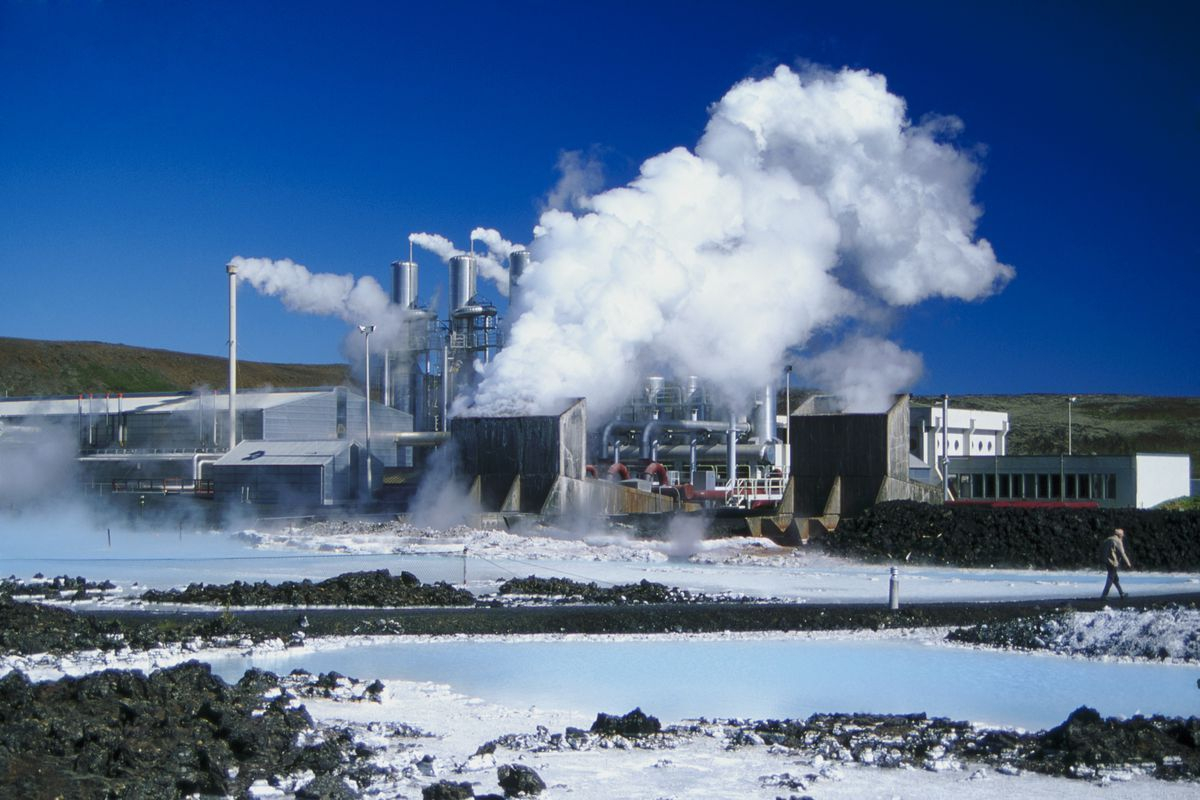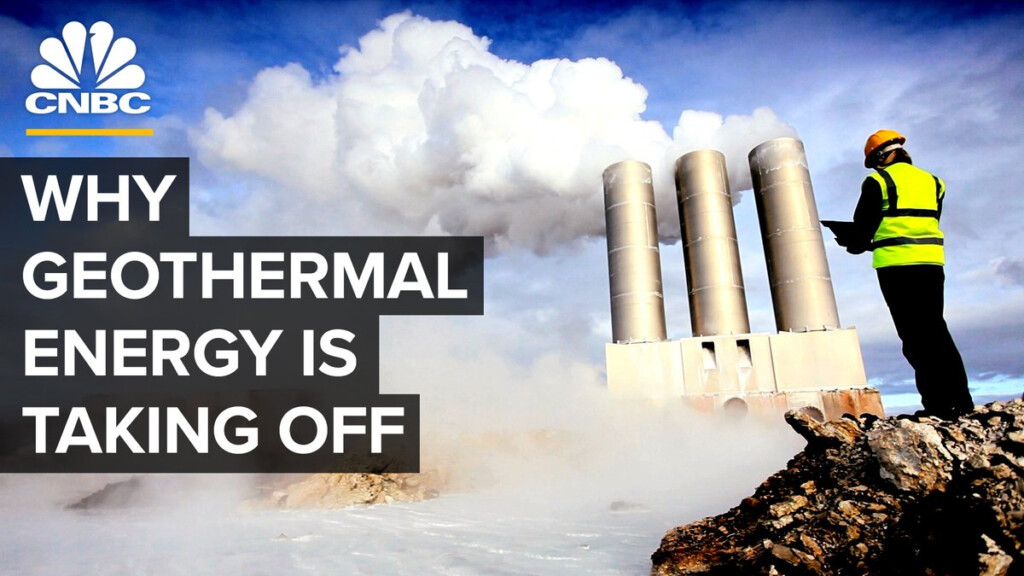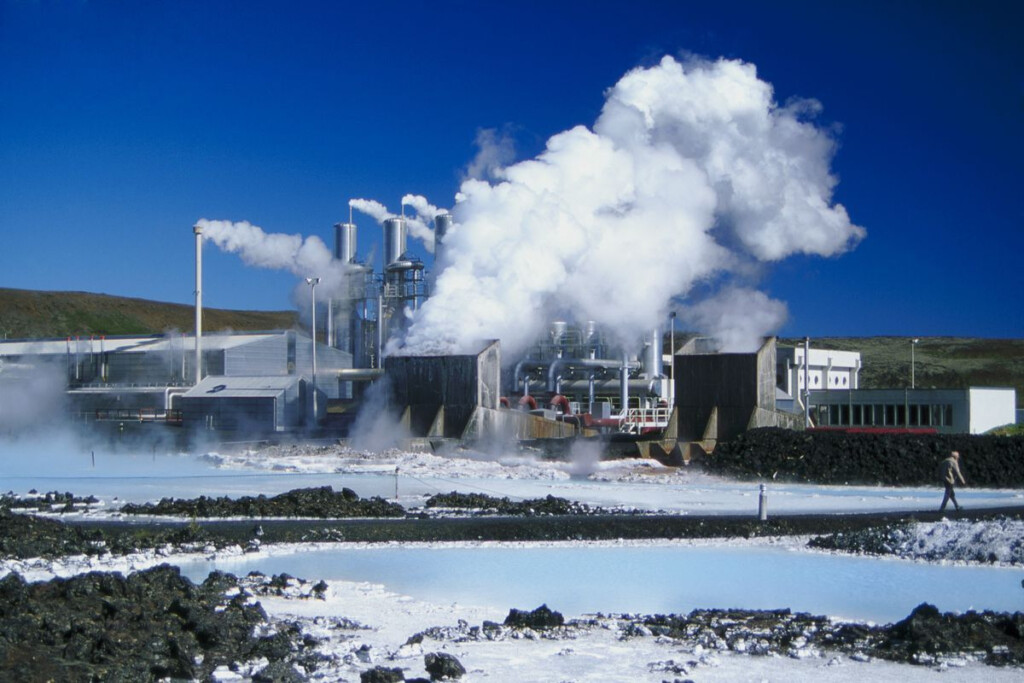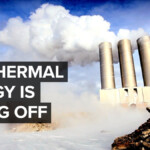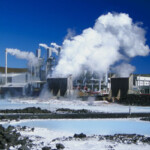Is There A Geothermal Power Rebate In 2024 – Power rebates can be an effective tool in the contemporary energy landscape. They are an incentive to buy energy-efficient products and can provide substantial savings. Let’s explore the depths and complexities of power incentives.
Definition of Power Rebate
Have you ever wondered what the power rebate concept is? Power rebates are a reduction or a refund of an initial payment made by a utility firm or government-sponsored program to encourage efficient energy use.
Power’s Importance Rebate
Saving Money
Power rebates could save you a huge deal of money. Who wouldn’t want that? The rebate is provided by government programs and utility companies to those who choose energy efficient appliances and systems.
Encouraging energy efficiency
Through rebates, we’re encouraged to make use of energy more efficiently. It’s not only about cost-savings, but about making a sustainable world. Energy-efficient practices contribute to reduced carbon emissions and a healthier environment. Cool, right?
Different types of Power Rebates
Utility Power Rebates
Energy providers offer utility rebates. The energy provider you choose to work with may provide rebates on a variety of methods to reduce energy consumption, including installing high-efficiency heating or cooling systems as well as energy-saving lighting.
Governmental Power Rebates
Many government agencies offer rebates on energy to encourage energy efficiency. Many government agencies offer rebates for renewable energy projects, energy audits or insulation improvements.
How to Apply For Power Rebates
- Application for Utility Power Rebates
It’s easy to get utility rebates if you’ve got the proper equipment. Just buy the equipment, put it in place and keep the receipt then fill out an application. It is easy as pie.
- Governmental Power Rebates
Government power rebates may require some extra effort in order to qualify, which includes meeting certain conditions for eligibility, filling out detailed application forms, and sometimes giving an energy audit. It’s not possible to rush good things.
Maximizing Your Power Rebate Benefits
- Energy-Efficient Appliances
Investing in energy efficient appliances can maximize rebates. They won’t only offer rebates, but also lower your energy bills. It’s a win-win for everyone!
- Renewable Energy Systems
Another method to reap the maximum benefits is by putting in renewable energy systems like solar panels. These installations may qualify for tax incentives that are substantial, which makes them more affordable.
The Drawbacks of Power Rebates
Even though power rebates can be beneficial, there are also disadvantages. Certain energy-efficient upgrades may not be eligible to receive rebates. The payback period may also be extremely long.
Future Power Rebates
We can expect that as we enter the 21st century, power rebates will play crucial roles in our transition to more sustainable energy practices. As technology and policies evolve the power rebates could be made more accessible.
Conclusion
Although power rebates could be problematic but they are an effective tool for promoting energy efficiency and reduce costs. The potential savings and sustainability are too appealing to pass up. If you’re thinking about renovating your home, think about exploring rebates on power.
FAQ’s
- Q What is a power rebate?
- A: A power rebate is a discount offered by utility companies or government programs that encourage energy-efficient practices.
- What is the procedure to apply to receive a power rebate
- A: While the application process can vary, they usually require the purchase and installation of equipment that is eligible. You’ll need keep your receipts and submit an application.
- Q: Can power rebates save me money?
- Yes, you can save quite a bit of money with energy-efficient appliances.
- Q What are the disadvantages of rebates on power?
- A: There are some drawbacks, such as a complex application procedure, limited upgrades available, or a lengthy repayment term.
- Q: What’s the future of power rebates?
- A: Power Rebates are likely to be an integral part of promoting green energy in the coming years. Technology advancements and policies could help to make them more effective.
